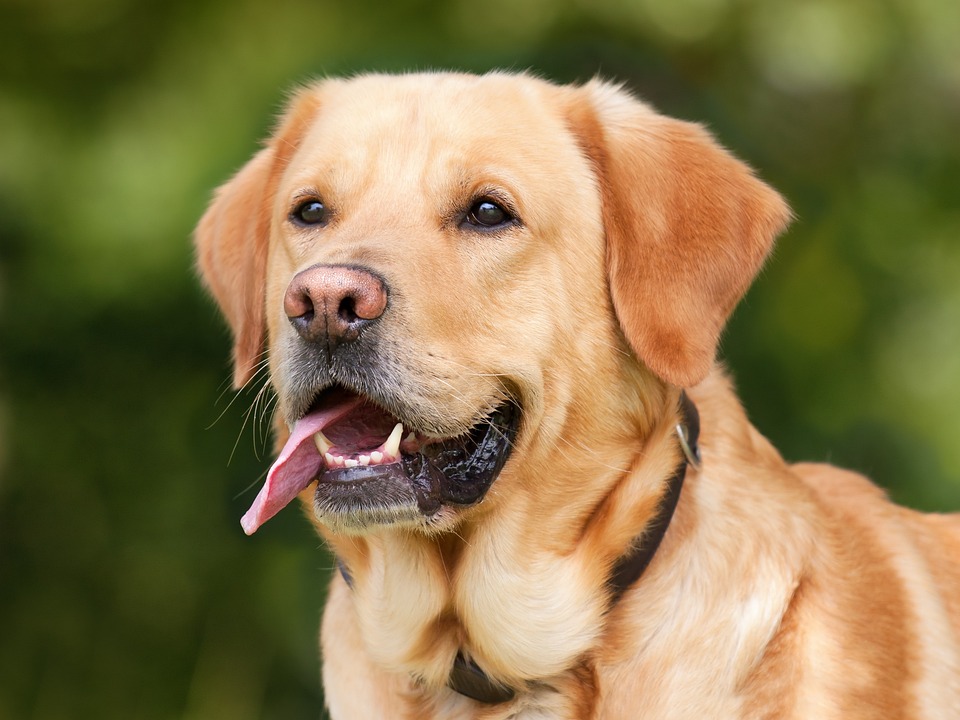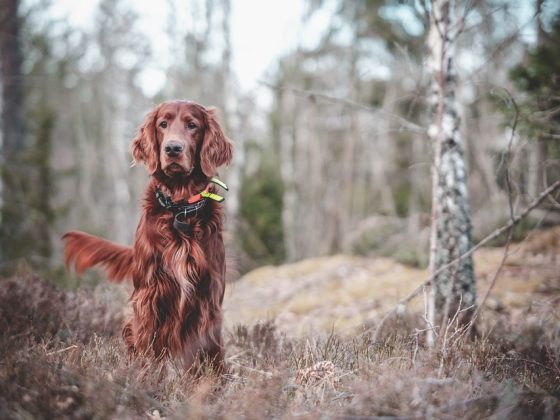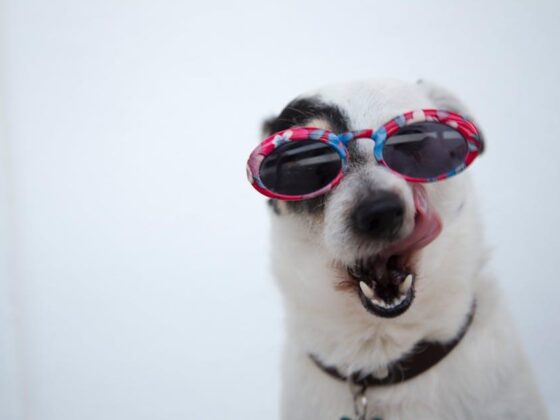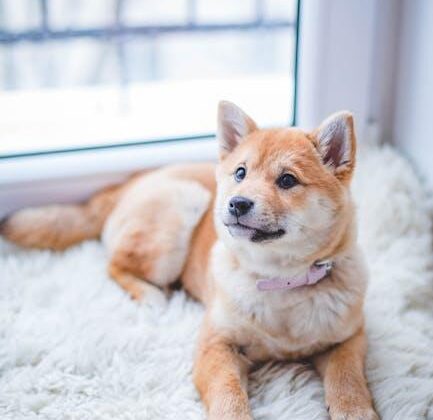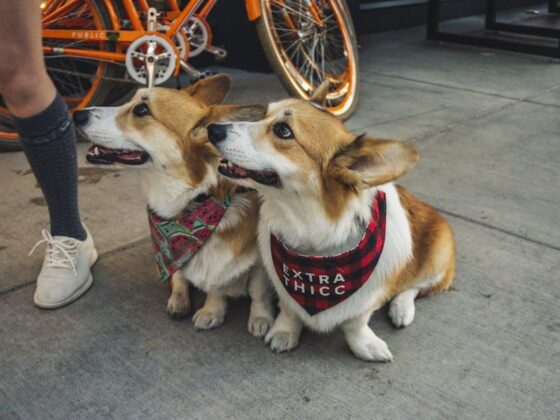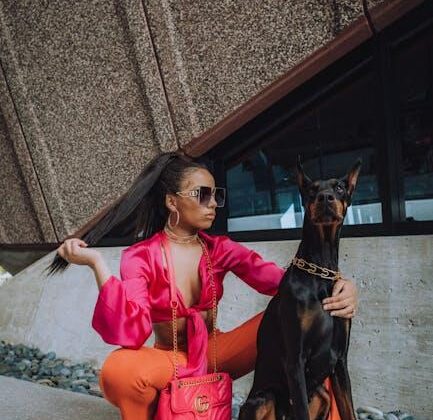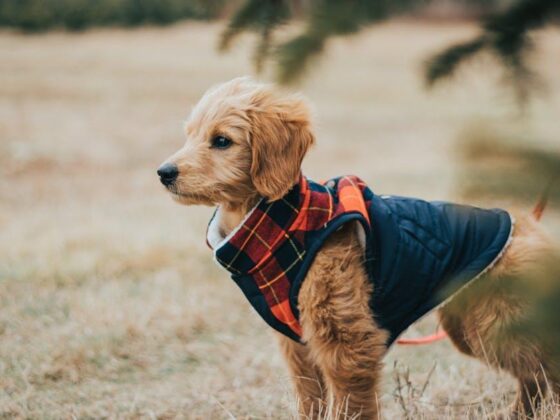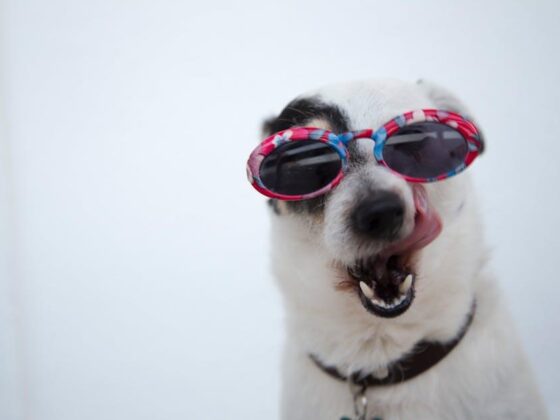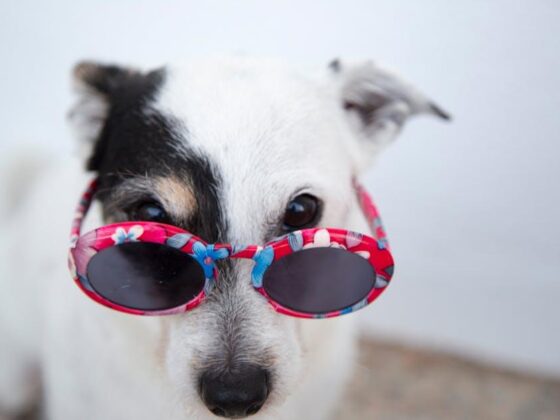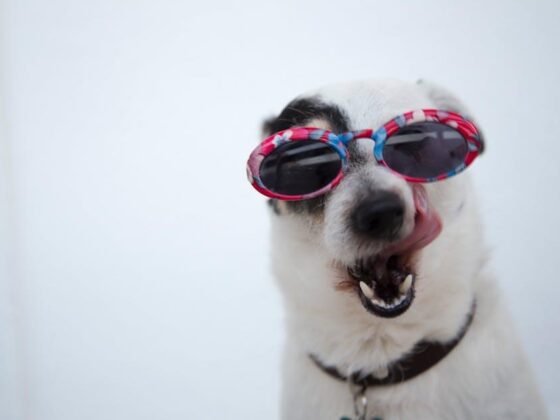Getting a new puppy is an exciting and joyous occasion. Whether you’re a first-time pet owner or a seasoned dog lover, there are certain accessories that are essential for your new furry friend. From feeding essentials to grooming tools, here are some must-have accessories for your adorable new puppy.
1. Food and Water Bowls
One of the first things you’ll need for your new puppy is a set of food and water bowls. Choose bowls that are the right size for your puppy’s breed and age, and opt for materials that are easy to clean like stainless steel or ceramic. Make sure to place the bowls in a designated area where your puppy can easily access them, but away from high-traffic areas to avoid spills.
2. Collar and Leash
A collar and leash are essential accessories for any dog owner. Not only do they provide a way to keep your puppy safe when out for walks or trips to the vet, but they also serve as a means of identification in case your puppy gets lost. Choose a collar that fits comfortably around your puppy’s neck and a leash that is sturdy and easy to grip.
3. Dog Bed
Giving your puppy a comfortable and cozy place to rest is important for their overall well-being. A dog bed provides a designated spot for your puppy to relax and unwind, and can help prevent them from sleeping on furniture or carpeting. Choose a bed that is the right size for your puppy’s breed and age, and consider options with removable covers for easy cleaning.
4. Toys
Puppies have a lot of energy and love to play, so having a variety of toys on hand is essential. From chew toys to squeaky toys to puzzle toys, there are endless options to keep your puppy entertained and engaged. Make sure to rotate your puppy’s toys regularly to keep them stimulated and prevent boredom.
5. Brush and Grooming Supplies
Regular grooming is important for maintaining your puppy’s coat and overall health. Invest in a high-quality brush that is suitable for your puppy’s coat type, as well as grooming supplies like nail clippers, shampoo, and ear cleaner. Establishing a grooming routine early on will help your puppy become accustomed to being handled and make grooming sessions easier in the long run.
6. Training Treats
Training treats are a valuable tool for teaching your puppy basic commands and good behavior. Choose treats that are small, soft, and tasty to keep your puppy motivated and reward them for their efforts. Positive reinforcement is key to successful training, so make sure to have a supply of treats on hand at all times.
7. Poop Bags
Cleaning up after your puppy is a necessary part of being a responsible pet owner. Stock up on poop bags to easily and hygienically dispose of your puppy’s waste when out for walks or potty breaks. Keep a roll of bags in your pocket or attached to your leash so you’re always prepared.
8. Crate or Playpen
A crate or playpen provides a safe and secure space for your puppy when you’re unable to supervise them closely. Crates can also help with potty training and provide a calm and comfortable space for your puppy to retreat to when they need some alone time. Make sure the crate or playpen is appropriately sized for your puppy’s breed and age, and provide a soft blanket or bed for added comfort.
9. ID Tags and Microchip
Ensuring your puppy has proper identification is crucial in case they ever get lost. Invest in personalized ID tags with your contact information and consider having your puppy microchipped for added security. These measures can greatly increase the chances of being reunited with your puppy should they ever wander off.
10. Pet Insurance
While not technically an accessory, pet insurance is a valuable investment in your puppy’s health and well-being. Unexpected veterinary bills can be costly, so having insurance can help offset the financial burden and ensure your puppy receives the best care possible. Research different insurance options and choose a plan that best fits your budget and needs.
FAQs:
Q: When should I start training my puppy?
A: It’s never too early to start training your puppy! Basic obedience training can begin as soon as you bring your puppy home, and consistency is key to successful training.
Q: How often should I groom my puppy?
A: The frequency of grooming will depend on your puppy’s coat type and length. Generally, most puppies benefit from a thorough grooming session at least once a week.
Q: How can I prevent my puppy from chewing on furniture?
A: Providing your puppy with plenty of appropriate chew toys, regular exercise, and supervision can help prevent destructive chewing behavior. Redirecting your puppy’s attention to a toy when they start chewing on furniture is also recommended.
In conclusion, having the right accessories for your new puppy can make the transition to pet ownership smoother and more enjoyable. By investing in these essential items and taking the time to properly care for your puppy, you’ll be setting them up for a lifetime of health, happiness, and companionship.

